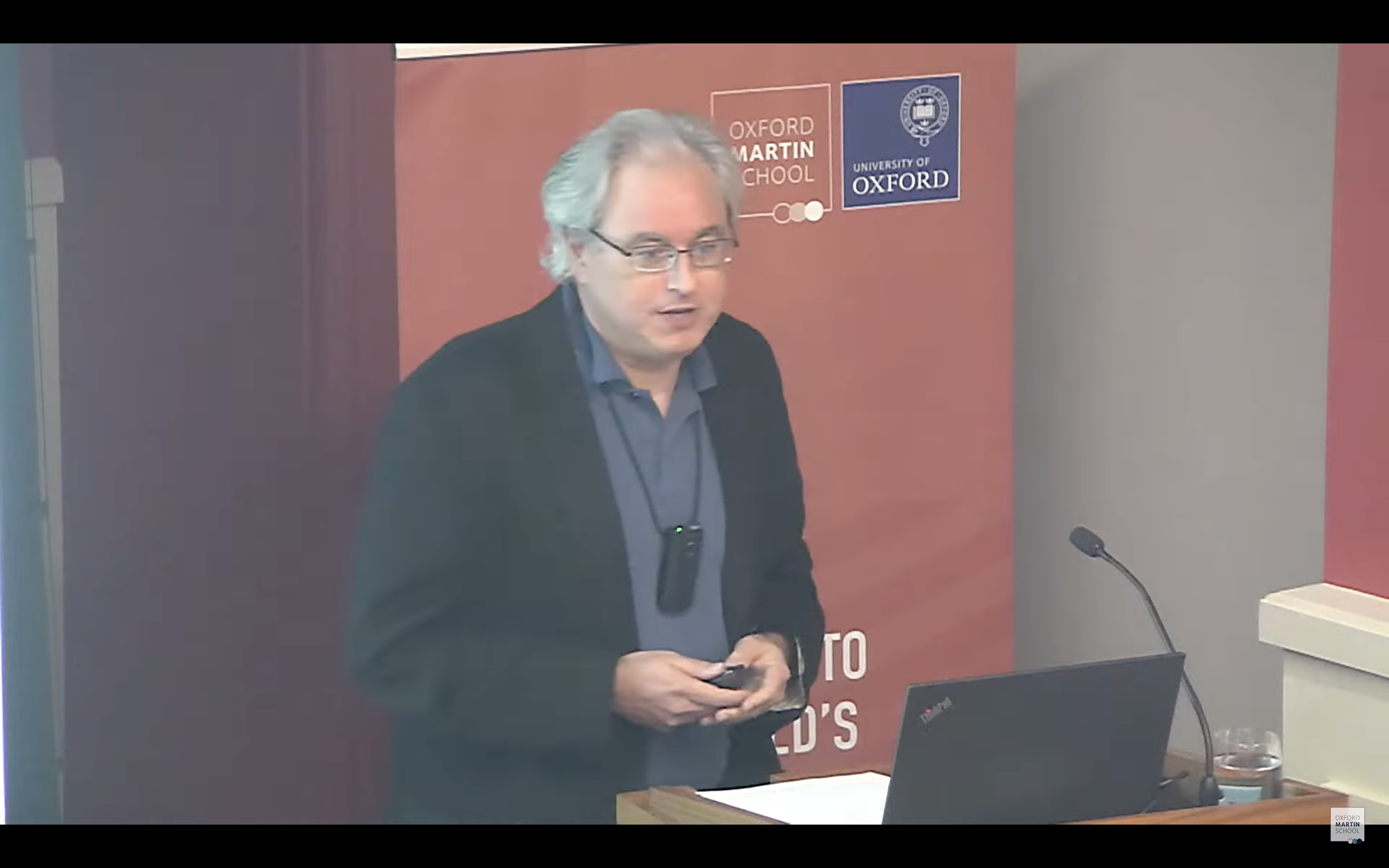Yesterday, the Obama Administration released top-line numbers of its FY10 budget request. Of the whopping $3.6 trillion budget, $51.7 billion was allotted to the International Affairs Budget, an estimated 9.5% above the comparable amount for FY09. Note, however, that defining "comparable" is a bit tough this year because the Administration's proposal brought all recurring spending (including that for Iraq, Afghanistan and Pakistan that has for years been funded through supplementals) into the base budget, stopping what had become a very bad practice. Our colleagues at the U.S. Global Leadership Campaign do a great job, as they do every year, of walking readers through a comparison. The request increases the International Affairs Budget by $4.5 billion, a remarkable outcome given the state of the economy and the difficult budget climate. Yet, it still remains only1.4% of the total FY10 budget, leaving that "three-legged stool" of national security, comprised of defense, diplomacy and development, very wobbly. And because the individual account levels are not included, trade-offs between sectors and programs remain unknown.That said, the budget's supporting documents reference key objectives guiding the International Affairs budget, many of which were in President Obama's campaign pledges to elevate development and modernize foreign assistance. A few of note:• Reflects the Administration’s commitment to strengthen diplomatic and assistance tools to address current and future challenges that impact the security of the United States.• Puts the United States on a path to double U.S. foreign assistance. This funding will help the world’s weakest states reduce poverty, combat global health threats, develop markets, govern peacefully, and expand democracy worldwide.• Supports the worldwide operations of the Department of State and U.S. Agency for International Development, provides new resources to hire additional Foreign Service officers, and builds civilian capacity to meet the challenges of today’s world.• Increases non-military aid to Afghanistan and Pakistan to revitalize economic development and confront the resurgence of the Taliban. Realigns U.S. assistance to Iraq to help responsibly end the war and enable Iraqis to assume more control of their country.• Provides additional funding for key programs that advance U.S. foreign policy goals, including significantly increasing funding for energy initiatives, programs addressing global climate change, agriculture investments, and the Peace Corps.• Provides full funding of all 2010 scheduled payments to the Multilateral Development Banks and a portion of the outstanding arrears to reinforce the U.S. commitment to play a leadership role in these institutions. Increases the U.S. quota subscription to the International Monetary Fund as part of the 2008 agreement on the Fund’s reform, which will promote a strong international economy and maintain the U.S. voting share at the International Monetary Fund.• Meets U.S. financial commitments to the United Nations and other international organizations that support a wide range of U.S. national security, foreign policy, and economic goals.• Supports United Nations peacekeeping activities that help restore and maintain peace around the world.• Responds to global security threats by increasing counterterrorism and law enforcement aid to critical partner nations including those in the Western Hemisphere, as well as increasing funding for nonproliferation activities to secure nuclear material at vulnerable sites.• Ensures that the United States continues to be the world’s leader in providing food aid and lifesustaining support for refugees and other conflict and disaster victims.Stay tuned in April, when the details behind the topline request are expected to be provided. There is much to be optimistic about so far, particularly the emphasis on rebuilding and retooling USAID. But, as always, the devil is in the details.
CGD blog posts reflect the views of the authors, drawing on prior research and experience in their areas of expertise.
CGD is a nonpartisan, independent organization and does not take institutional positions.





